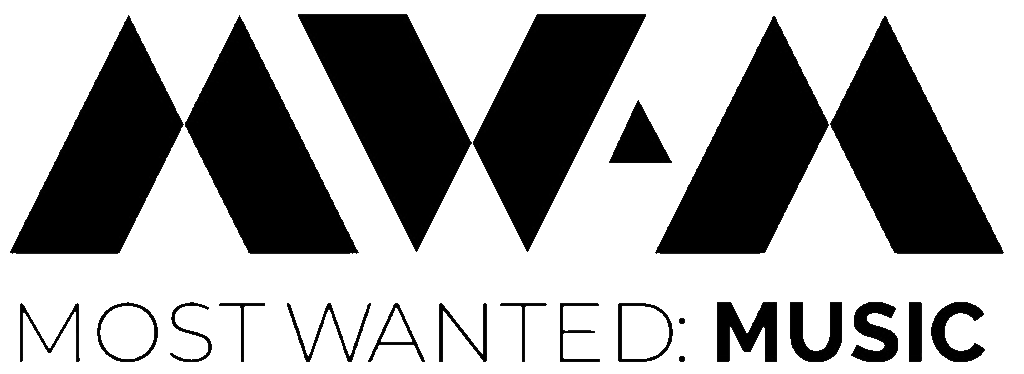WE aim to be A SAFER SPACE
1. AWARENESS – OUR APPROACH
Berlin Music Commission and Most Wanted: Music are committed to making their events and organizations as safe and welcoming as possible for all guests, team members, speakers, and artists.
Awareness is an ongoing process of reflection, learning, and change. Following incidents of discrimination in the past and thanks to the persistence of those affected, we have started an internal process to create safer spaces within our structures and events. Through workshops, we continue to learn about privilege and discrimination, and we have established a Code of Conduct and a Safer Space Policy.
This year, we are working together with act aware e.V., an association that supports cultural and music events in developing sustainable awareness structures, promoting discrimination-sensitive practices, and empowering marginalized communities.
“Awareness means creating a considerate environment together, where everyone can feel safe and comfortable: organizers, crew, artists and audience. It is about paying attention and taking responsibility when overwhelm, violence, or discrimination occur — preventing such situations in advance, and supporting affected persons according to their needs.”
Together, we aim to take responsibility, learn from mistakes, and grow as allies step by step.
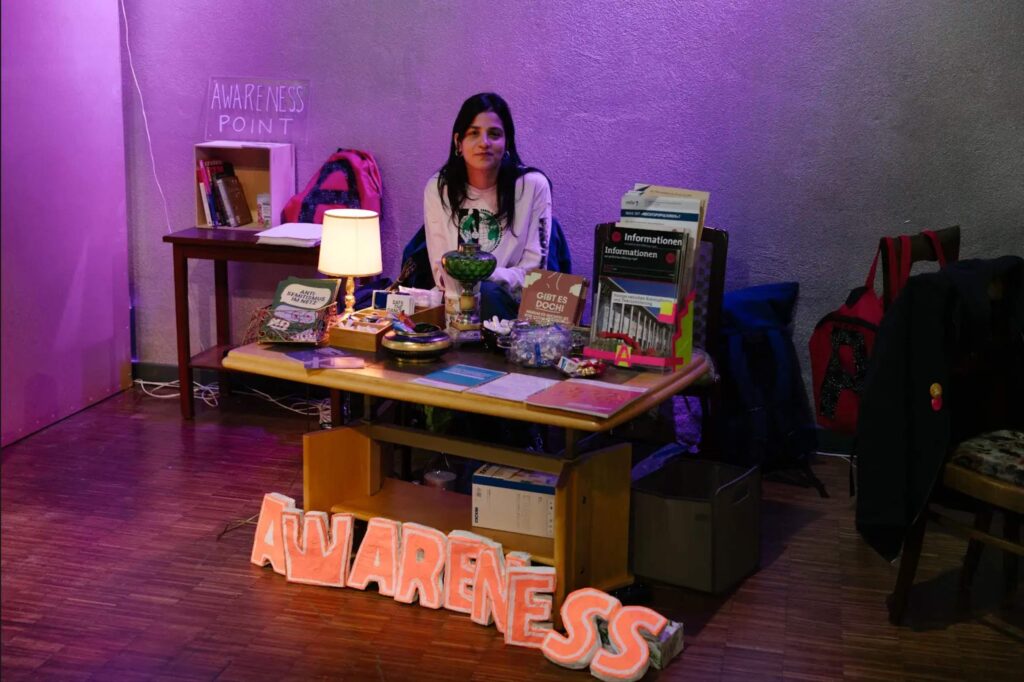
2. AWARENESS TEAM – YOUR SUPPORT
We want everyone to feel safe and welcome at our event.
If you experience or witness discrimination, harassment, or any kind of boundary crossing or if you just need a moment to breathe: our Awareness Team is here for you.
You can reach us confidentially and with solidarity at +49 178 2334400 via text or call .
You can find us on site in purple vests or at the Awareness Point.
In case of emergency, any staff member can guide you to the Awareness Team.
Tue: 12:00–01:00 @ Kesselhaus
Wed: 10:00–20:00 @ Palais
Wed: 18:30–00:00 @ Kesselhaus
Thu: 10:00–18:00 @ Soda
Thu: 18:00–01:00 @ Soda
For anonymous feedback or submit incidents, please write us an email at awareness@mwm-berlin.de or do so here.
Our priciples:
Consensus – decisions and actions are made with agreement and care.
Partiality – we take the side of those affected, not the perpetrator.
Power of Definition – the affected person defines what happened.
Confidentiality – information is handled discreetly and respectfully.
Collective Responsibility – creating safe spaces is a shared duty for everyone involved.
3. BYSTANDER INTERVENTION – WHAT YOU CAN DO
If you witness harassment or discrimination, don’t look away – but make sure you stay safe first. Here’s how you can take action:
DIRECT
Address what’s happening. Tell the person causing harm to stop, or check in with the person affected: “Are you okay? Do you need support?”
DISTRACT
Defuse the situation indirectly: ask for directions, start a random conversation, or create a harmless distraction to shift attention away from the person affected.
DELEGATE
Ask others for help: friends, staff, bystanders or Awareness Team. Point out what’s happening and ask them to step in. Be specific: “Can you in the red sweater please help?”
DELAY
If you couldn’t act in the moment, check in afterwards. Ask: “Are you okay? Can I do something for you? Do you want me to get in contact with the Awareness Team?”
DOCUMENT
If it’s unsafe to intervene, take notes or record (only with consent) so the person affected can decide what to do next. Never share footage publicly.
Always respect the wishes of the affected person. If someone’s safety is at immediate risk, call for help — keeping in mind that the police may not be a safe option for everyone.
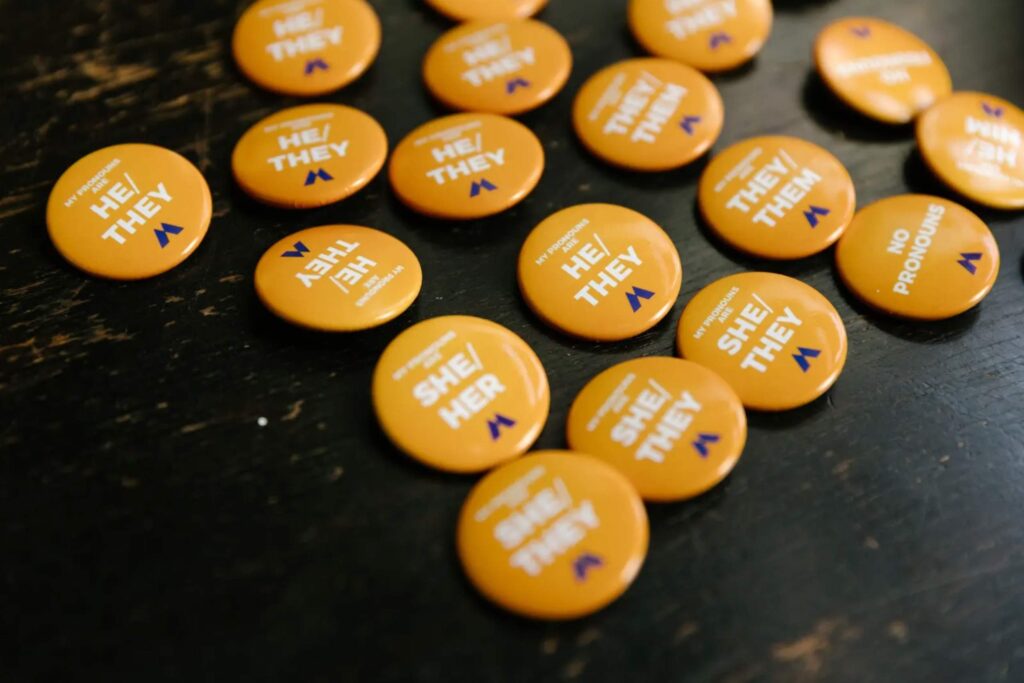
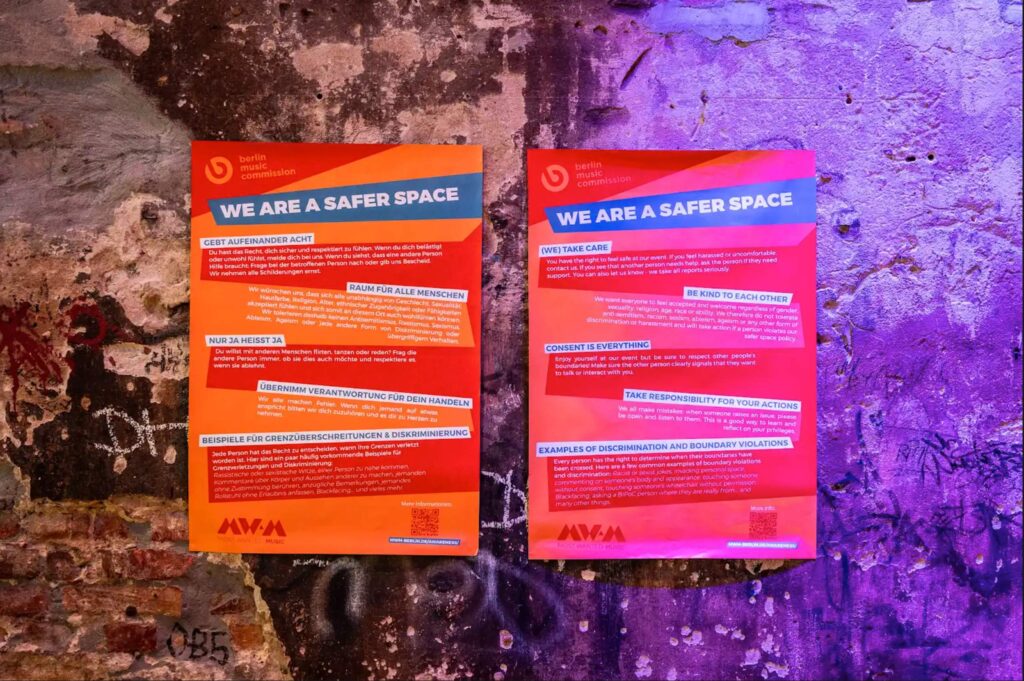
4. CODE OF CONDUCT – OUR RESPONSIBILITY
WE AIM TO BE A SAFER SPACE
Everyone has the right to feel safe and welcome at our events. If you feel harassed, uncomfortable, or see someone in need of support, reach out to our team — we take all reports seriously. At the core of our code of conduct is the General Equal Treatment Act (AGG), which outlines your legal rights regarding discrimination. We do not tolerate any form of harassment or discrimination, including antisemitism, racism, sexism, ableism, ageism, or any other exclusion based on gender, sexuality, skin color, religion, age, race, or ability.
CONSENT IS EVERYTHING
Enjoy yourself at our event, but be sure to respect other people’s boundaries! Make sure the other person clearly signals that they want to talk or interact with you. Only the affected person has the right to decide when a boundary has been crossed – for some that will mean even shaking hands. If someone does no longer want to talk to you, we ask you to honor their boundary.
WE BELIEVE THOSE AFFECTED
People who have suffered through an incident are at the heart of our actions, we believe their account and stand in solidarity with them. We want to make everyone feel safe and welcome.
INCLUSIVE LANGUAGE
Do not assume someone’s gender based on appearance — gender is not always visible. We encourage everyone to share their pronouns, with stickers available at registration, but it’s always okay to decline. Always ask how someone wants to be addressed and respect their choice, including those who do not use pronouns. Using the wrong pronouns can be hurtful or traumatizing, so please avoid it whenever possible. We also use gender- and diversity-sensitive language and avoid expressions that reinforce stereotypes, such as “ladies first,” “girl boss,” or “real men.”
EMBRACE DIFFERENCES
When certain issues raise uncomfortable feelings for individuals, we stand with the person and remember that each person brings different experiences and thus also reacts differently to sensitive topics or microaggressions. We would like to create a space where we are open and welcoming to different perspectives, especially of marginalized communities like FLINTA+, LGBTIQ+, people with disabilities or BIPoC.
REFLECT AND LEARN TOGETHER
We all make mistakes, and we ask everyone to take responsibility for their actions. Reflect on your own privileges and be open to constructive feedback. Our goal is to learn together and create safer spaces, sharing resources and knowledge to educate ourselves as a group. BIPoC and other marginalized communities are not responsible for educating others, but there are many organizations and materials available — ask at our Awareness Point or check our website for recommendations.
RESPECT OTHER CULTURES
We ask all attendees to show understanding, appreciation and respect for the original value of other cultures and acknowledge the power relations that exist between cultures. We would therefore ask you to refrain from the appropriation and instrumentalization of cultural, religious and political symbolism.
PARTICIPATE BUT LEAVE SPACE FOR OTHERS
All participants are encouraged to actively participate in discussions. None of us knows everything, but together we know a lot. However: Please be mindful of how much space and time you take in discussions and, if necessary, postpone your contributions to give others the opportunity to participate as well. And if you’re usually someone who does not speak up, try it!
INVISIBLE DISABILITIES
Not all disadvantages are visible – what feels normal for you may not be the same for everyone. We provide a Safer Space retreat room for anyone needing a quiet space, whether after an incident or to take a break if you are neurodivergent (e.g., ADHD or on the autism spectrum). The room is calm, with no bright lights, and meant for decompression and safety.
The detailed Code of Conduct of the Berlin Music Commmission eG can be found here.
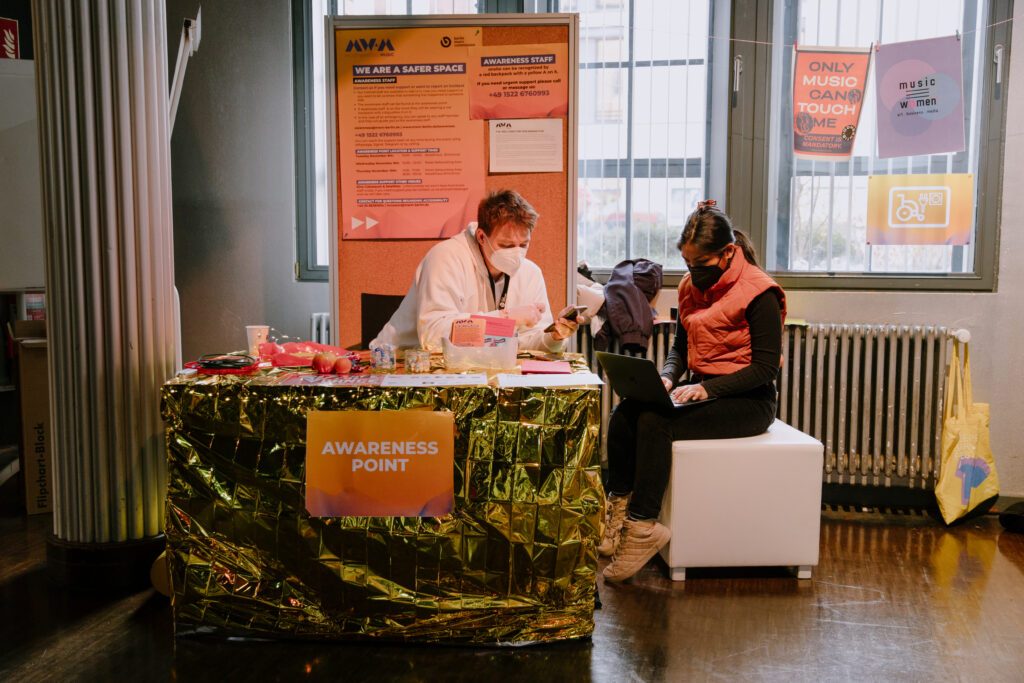
5. MORE | SUPPORT ORGANISATIONS
AnDi – Anti-Discrimination App for Berlin
Focus: Information on discrimination and equal treatment, option to report incidents, accessible and available in multiple languages.
Website: www.diskriminierung-berlin.de
Contact: +49 (0)30 81884 0
Guide: Needle Spiking & Support Options in Berlin
Focus: Information and support services for incidents of needle spiking and similar assaults in Berlin’s clubs and event spaces.
Website: www.diskriminierung-berlin.de
LARA e.V. – Specialist Centre against Sexualised Violence towards Women
Focus: Counselling and crisis support in cases of sexualised violence, legal information, and psychosocial assistance.
Website: www.lara-berlin.de
Contact: +49 (0)30 216 88 88 | beratung@lara-berlin.de
Drogennotdienst Berlin e.V. (Drug Emergency Service)
Focus: Crisis support, counselling, and assistance for drug use and dependency, confidential emergency hotline.
Website: www.drogennotdienst.de
Contact: +49 (0)30 19237
LesMigraS – Anti-Discrimination and Anti-Violence Department of Lesbenberatung Berlin e.V.
Focus: Counselling on discrimination and violence for LGBTIQ* people, especially migrants and BIPoC; empowerment and legal support.
Website: www.lesmigras.de
Contact: +49 (0)30 219 150 90 | info@lesmigras.de
GLADT e.V.
Focus: Self-organization by and for queer Black, Indigenous, and People of Color communities; anti-discrimination work, workshops, and community empowerment.
Website: www.gladt.de
Contact: +49 (0)30 587 684 9300 | info@gladt.de
Anti-Discrimination Counselling for Age, Disability, and Chronic Illness (Berlin)
Focus: Support and counselling for people facing discrimination based on age, disability, or chronic illness.
Website: www.lv-selbsthilfe-berlin.de
Contact: +49 (0)30 275 92 527 | adb@lv-selbsthilfe-berlin.de
Disclaimer
The content of this page is for informational purposes only and does not claim to be complete, current, or accurate. Let us know if you see outdated information so we can update it.
